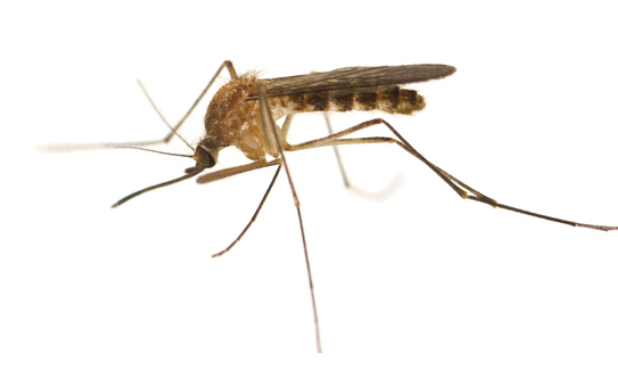
The Newtown Health District was notified by CT Department of Public Health on Tuesday, August 31, 2021 of a positive test result for West Nile Virus at the mosquito testing site at the trapping station in Newtown.
West Nile Virus is spread by infected culex species mosquitoes; such mosquitoes are common in Connecticut and in the northeast region. The CT Department of Energy & Environmental Protection (DEEP) and CT Agricultural Experiment Station (CAES) Mosquito trapping testing program includes a trapping site in Newtown.
This is the first reporting for positive mosquitoes identified in the trap this year, and the presence of West Nile virus is common this time of year.
The State of Connecticut Mosquito Management Program is a collaborative effort involving The CT Department of Energy & Environmental Protection, CT Agricultural Experiment Station, the Department of Public Health, the Department of Agriculture, and the University of Connecticut Department of Pathobiology and Veterinary Science.
These agencies are responsible for monitoring the potential public health threat of mosquito-borne diseases. The CAES maintains a network of 108 mosquito-trapping stations in 88 municipalities throughout the state. Mosquito traps are set Monday – Thursday nights at each site every ten days on a rotating basis and then twice a week after detection of virus.
For information on WNV and EEE, what can be done to prevent getting bitten by mosquitoes, the latest mosquito test results and human infections, visit the Connecticut Mosquito Management Program website.
The most important thing residents can do is minimize their exposure to mosquitoes and mosquito bites – use personal protection wearing long sleeves and pants, use insect repellent, avoid being outdoors at dusk and dawn when mosquitoes are most active for feeding. Residents should also continue to eliminate standing water around their homes, check screens and repair as necessary, and check for openings to their homes where insects could enter.
West Nile virus is the most common mosquito-borne disease in the United States and reemerges every summer in Connecticut.
To learn more about West Nile Virus, visit CT webpage for West Nile Virus here.
*Image courtesy CDC